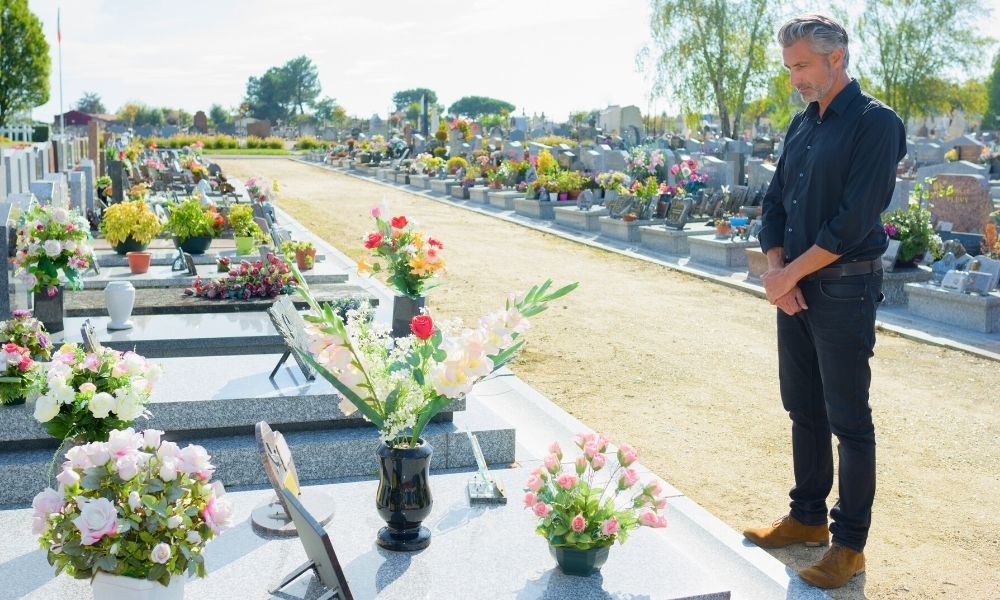Six services today, four with live web streaming, two with flyovers, and all with millions of cicadas starting to climb up the trees.
[igp-video src="" poster="https://www.arlington.media/wp-content/uploads/2021/05/six-services-today-four-with-live-web-streaming-two-with-flyovers-and-all-with-millions-of-cicadas-s.jpg" size="large"]



